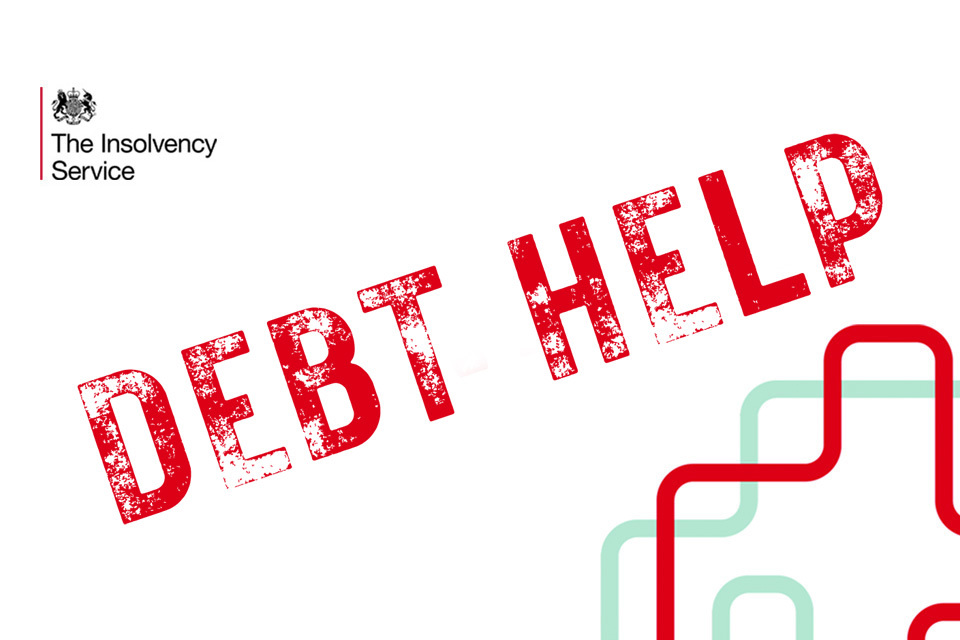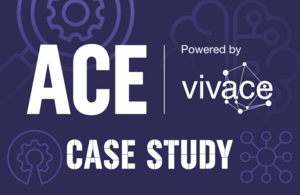-
There are many options available to help deal with serious personal debt problems and there are a range of debt-relief options available.
-
Remember you are not alone in facing financial difficulties, but the earlier you address it, the better.
-
Solutions include Breathing Space, Debt Relief Orders (DROs), Individual Voluntary Arrangements (IVAs) and bankruptcy.
For many people, January can be a time to reflect on their finances.
Sadly, for some people, their debts will have become overwhelming. The Insolvency Service has a wide range of information about different debt relief options to support you with your journey this New Year.
The majority of debt relief solutions provide protection from creditors, giving people time to recover money owed or to seek further advice about how to manage serious debt.
Dean Beale, Chief Executive Officer of the Insolvency Service said
There will be many people starting the New Year feeling overwhelmed by serious debt. Our key message is that you are not alone, but it is important to address it as soon as possible. There are lots of options available to help people begin a journey out of problem debt.
Where to start
The first step is to speak to a regulated debt advisor. They are often free to use, and they will help choose the best way to deal with your debt. Get free debt advice – GOV.UK has information about debt management and free debt advisory services.
What next?
You can tackle your debts in in a variety of ways, such as setting up
- agreements with your creditors to defer or reduce the payments on your debts, by speaking to them yourself
- a Debt Management Plan which is an agreement with your creditors that may be managed for you by a debt advisor
- an Administration Order from the court, when you’ve had a county court judgment (CCJ) or a High Court judgment (HCJ) against you and your debts are under £5,000.
You can also get temporary protection from your creditors through the ‘Breathing Space’ scheme, while still making repayments. You’ll need to apply through a debt advisor.
You can find out more about how to deal with debt at Options for dealing with your debts Overview – GOV.UK
What if a debt cannot be paid?
If you do not have enough money to repay all your debts there are options available
Debt Relief Orders
Debt Relief Orders (DROs) are one way to deal with your debts if you
- owe less than £50,000
- do not have much spare income – less than £75 per month
- do not own your home.
To find out more, go to Options for dealing with your debts Debt Relief Orders – GOV.UK
Individual Voluntary Arrangements (IVAs)
An IVA is arranged through an Insolvency Practitioner. It is an agreement with your creditors to pay back what you can of your debts, usually by making payments from your income.
The Insolvency Practitioner will work out what you can afford to repay and how long the IVA lasts.
To find out more go to Options for dealing with your debts Individual Voluntary Arrangements – GOV.UK
Bankruptcy Order
Bankruptcy is usually considered after other options have been exhausted. Someone who works for the Insolvency Service (called the ‘adjudicator’) will check if your application meets the requirements for bankruptcy. They’ll see if any other money could be used to pay your debts instead. There are serious implications in proceeding with bankruptcy. It should be noted that a Bankruptcy Order can result in the sale of any valuable possessions, including your home, and restrictions on how much money you can spend or borrow. To find out more, go to Becoming bankrupt Applying to become bankrupt – GOV.UK







